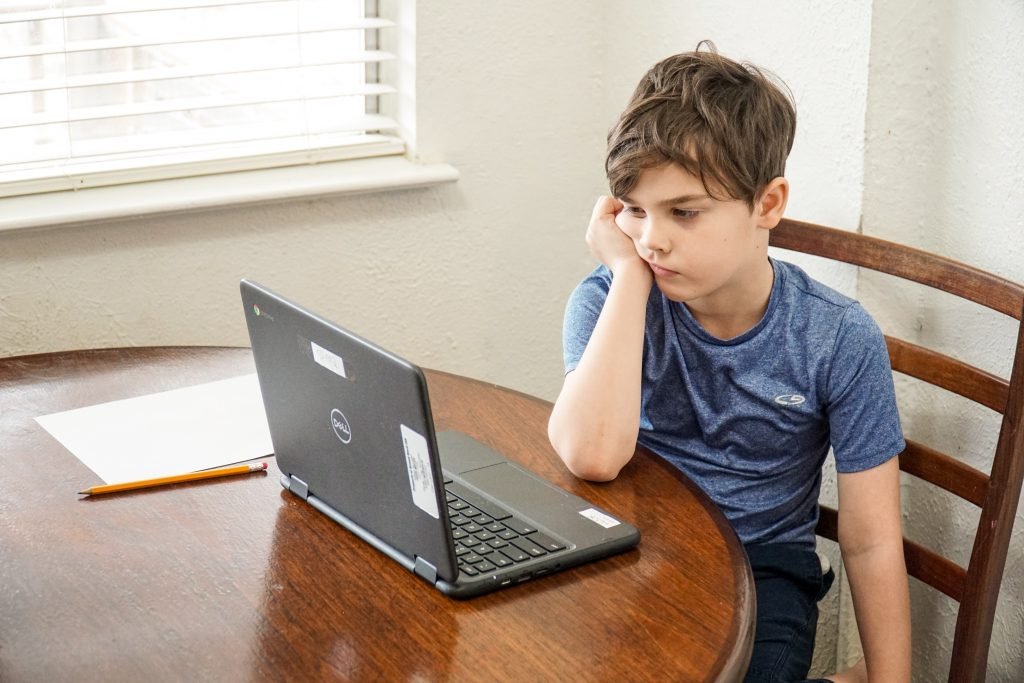
For a slew of vulnerable students in Par-Ex this is heavy news. The Ministry of Education is ending the virtual education that had been offered for two years to hundreds of students vulnerable to infection with the COVID-19 virus. Quebec relies on the end of the state of health emergency to justify the return to class of all elementary and secondary students, even those with a chronic illness or whose immune system is weakened.
This decision was transmitted last week to the school service centers by the Deputy Minister of Education, Alain Sans Cartier. The directive repeals a May 2022 ministerial order which, among other things, ordered schools to teach students remotely whose “state of health or that of a person with whom they reside puts them at risk of serious complications if they contract the virus. COVID-19”. A doctor’s paper was required to be eligible for virtual teaching.
The Ministry of Education considers it to be in the best interests of children to return to school attendance. Students come to class not only for learning, but also to socialize.
This obligation to return to class remains unknown in the school network – the start of the school year will take place in the coming days – but concerns the Federation of Parents’ Committees of Quebec (FCPQ), which is calling for clarifications from the Ministry of Education.
“If I was the parent of a vulnerable child, I would be concerned. I need to be reassured”, declared Kévin Roy, president of the FCPQ. Parents are entitled to wonder why distance education was appropriate for two years for children vulnerable to COVID-19, but class attendance is now becoming mandatory, he said.
Protective measures
Kévin Roy maintains that the guidelines surrounding the virtual school “lack clarity”. He calls for a policy that would regulate distance education by taking into account the advantages and disadvantages for all students. He would be reassured if Public Health had recommended the end of virtual teaching for students vulnerable to COVID-19.
Asked about this, the Ministry of Health and Social Services (MSSS) told media that Public Health had not produced an opinion specifically on the end of distance education. Robert Maranda, spokesperson for the MSSS, referred them to a page of guidelines for “persons with a chronic illness or with a weakened immune system, including children, as well as their loved ones”.
These vulnerable people “must make sure to respect the basic health instructions at all times; minimize contact; avoid public places; otherwise, wear a mask or face covering,” says the MSSS. “Regardless of age, additional protective measures may be required for workers with chronic disease or weakened immune systems. For example, promoting remote work from home or rigorously applying preventive measures specific to certain workplaces if teleworking is impossible,” added the Ministry of Health.









